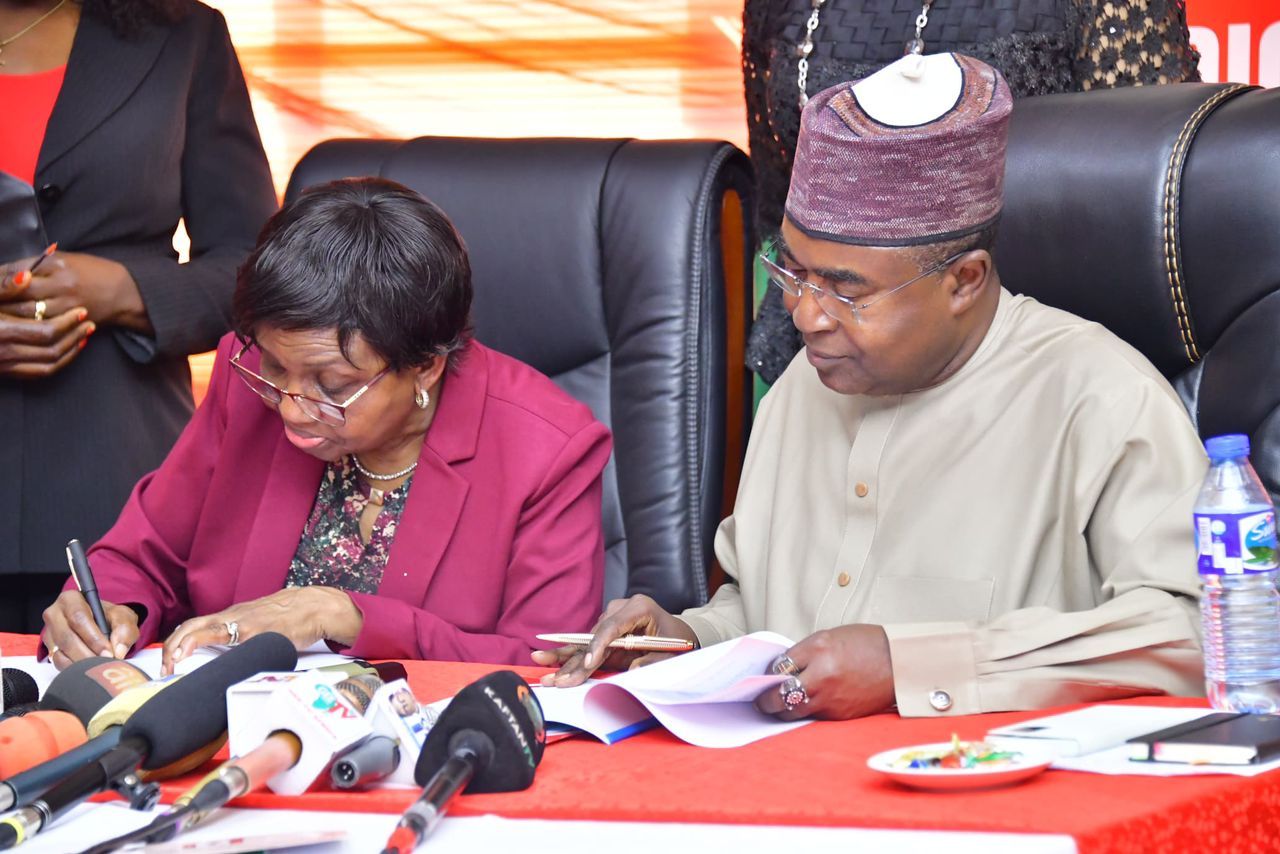By Jemimah Wellington, JKNewsMedia Reporter
NIGERIA’s FOREIGN debt servicing hit a peak of $3.58 billion in the first nine months of 2024, marking a 39.77% increase from the $2.56 billion recorded during the same period in 2023, according to the Central Bank of Nigeria (CBN).
This sharp rise underscores mounting costs due to exchange rate fluctuations and a steady climb in debt obligations.
May 2024 registered the highest monthly debt payment, reaching $854.37 million, compared to July 2023’s top figure of $641.70 million.
January alone saw debt servicing expenses surge by 398.89%, with payments escalating to $560.52 million from $112.35 million in January 2023.
However, variations followed: February’s servicing dropped by 1.84%, March saw a 31.04% reduction, and June declined by 6.51%.
The increased debt burden impacts state governments as well.
Reports reveal that as of June 2024, the cumulative debt for Nigeria’s 36 states and the Federal Capital Territory (FCT) surged by 14.57%, reaching N11.47 trillion, up from N10.01 trillion in December 2023.
BudgIT’s 2024 State of States report emphasizes states’ continued reliance on the Federal Accounts Allocation Committee (FAAC), with 32 states dependent on these allocations for over 55% of their revenue.
Fourteen states depend on FAAC for at least 70% of their income, highlighting fiscal vulnerabilities amid fluctuating crude oil prices and external economic shocks.
Foreign debts of states and the FCT also rose from $4.61 billion to $4.89 billion, driven largely by naira devaluation, as the exchange rate jumped from N899.39/$1 in December 2023 to N1,470.19/$1 by June 2024.
This changes heightened debt repayment pressures, especially for heavily indebted states like Lagos, which holds 26.9% of Nigeria’s total foreign debt, valued at $1.24 billion.
BudgIT’s analysis of fiscal sustainability paints a concerning picture of over-reliance on federal revenue, with federal transfers making up at least 62% of recurrent revenue in 34 states.
Excluding Lagos and Ogun, 21 states rely on federal allocations for over 80% of their recurrent revenue, raising concerns about long-term financial stability.
Despite a revenue increase of 31.2% in 2023, states face challenges in diversifying income sources. Gross FAAC allocations rose by 33.19%, contributing to 65% of the revenue growth for the 36 states.
Analysts warn that this reliance could exacerbate fiscal challenges, particularly as states struggle to generate revenue internally amidst fluctuating debt and currency pressures.
At JKNewsMedia, our dedication to delivering reliable news and insightful information to our cherished readers remains unwavering. Every day, we strive to provide you with top-notch content that informs and enlightens. By donating to JKNewsMedia, you directly contribute to our mission of delivering quality journalism that empowers and informs. Your support fuels our commitment to bringing you the latest updates and in-depth analysis. Let's continue to uphold the highest standards of journalism and serve our community with integrity and dedication. Thank you for being a part of the JKNewsMedia family and for your ongoing support.





